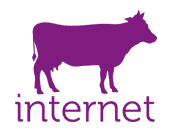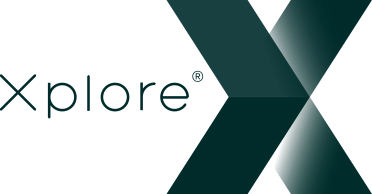VMedia is Canada’s leading independent telecom and broadcasting company, offering unlimited services without contracts. They offer affordable prices, the best choice and flexibility, and excellent customer support.
All of VMedia’s Internet plans are unlimited, with no data caps and no extra monthly overage charges, so you can surf, stream, download and more. From low-cost Internet to high speed, competitively priced Fibre Internet (up to 1500 Mbps/1.5 Gbps download) and Cable Internet, VMedia provides the best value for your home Internet solution.
VMedia is a pioneer in live TV streaming and IPTV technology, offering over 200 channels in low cost ‘build your own’ TV packages and 'à la carte’ options, so you can customize your channel lineup with your preferred streaming device. Check out VMedia’s free TV offer here.
The company offers Home Phone Plans with unlimited calling and a great selection of 15 features such as 3-way calling or call transfer. And you can keep your current phone number.
With VMedia Protect, you have access to an advanced, wireless home security system that comes with professional monitoring to ensure your security 24/7, whether you are home or not.
Note that the availability of the packages may vary from location to another. You can check the availability of the services directly on VMedia's website.








